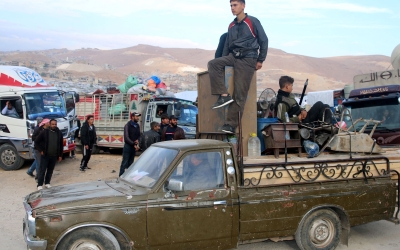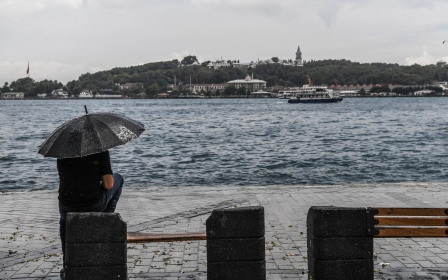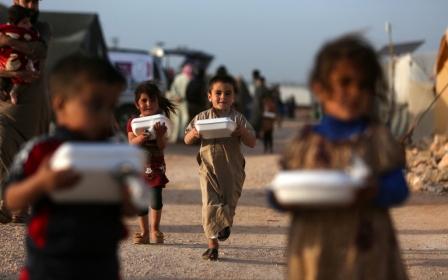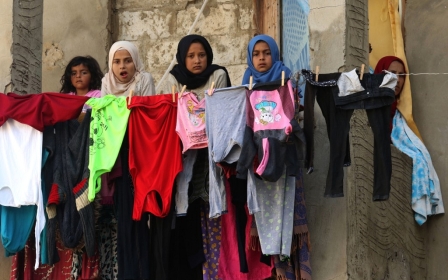Turkey: Istanbul governor bans shisha in public spaces
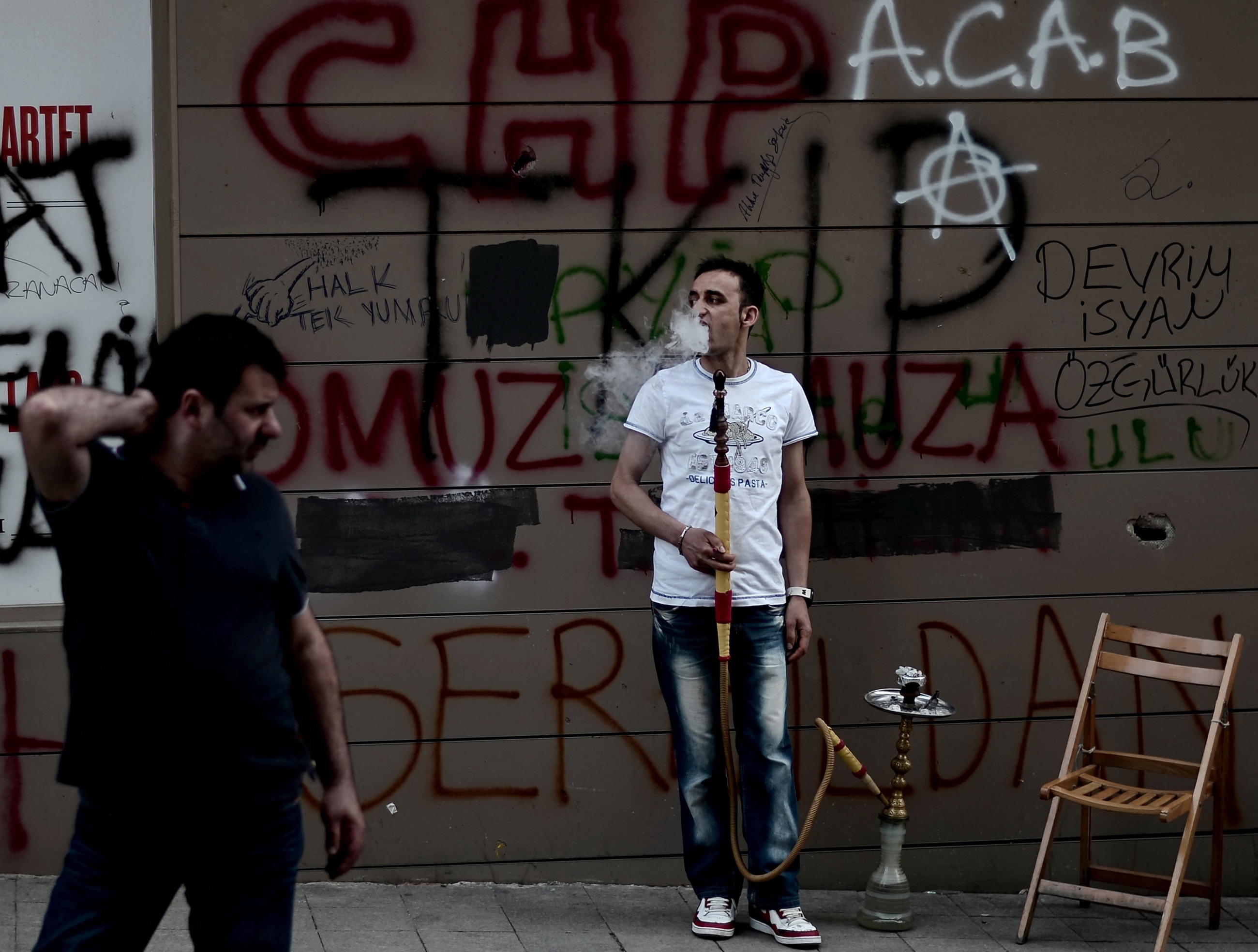
Istanbul's governor has announced a ban on shisha smoking in public places, including parks and beaches.
In a tweet on Wednesday, Davut Gul said that the popular tobacco product would also be prohibited in forests and recreation areas.
"There is no restriction on licensed shisha lounges outside these areas," he added.
In recent years, shisha smoking in public areas has often been heavily associated in Turkey with Syrian refugees.
Although the governor - a government-appointed official - did not specify the reason for the new measures, a number of Twitter users interpreted the new restrictions as specifically addressing this phenomenon.
New MEE newsletter: Jerusalem Dispatch
Sign up to get the latest insights and analysis on Israel-Palestine, alongside Turkey Unpacked and other MEE newsletters
"Syrians will be upset," tweeted one user, along with a smiling face emoji, while another tweeted "We support restrictions bearing the traces of Arab culture."
A number called for additional measures, including banning Arabic script on signs. One said that shisha should also be banned in licensed premises, adding they were "sick of seeing the Syrian Bedouins who harassed girls, the women who belly dance, and the shisha bubbling".
Turkish attitudes towards Syrians, who number just over 3.7 million in the country, have become increasingly hostile in recent years.
Although Syrians are not officially registered as refugees in Turkey - which excludes refugee status for non-European nationals - the government has provided them a degree of healthcare and housing, while more than 200,000 have been granted citizenship.
Writing for the left-wing SoL news outlet in 2020, academic Fatih Yasli said the image of the "Syrian with shisha" had become synonymous in the minds of many Turks with the apparently comfortable life many believed Syrians led in Turkey.
"An imaginary figure named 'Syrian smoking shisha' is created and all Syrians are identified with this fictitious figure, and a collective anger is accumulated against the Syrians through this figure," he wrote.
"The fact that the overwhelming majority of Syrians either continue to live in refugee camps or are made to work in the worst, unhealthiest, worst jobs, for pennies, without insurance, insecure, inhumane, and made into slaves of Turkish capitalism, is ignored, and it is treated as if there is no such thing."
Middle East Eye delivers independent and unrivalled coverage and analysis of the Middle East, North Africa and beyond. To learn more about republishing this content and the associated fees, please fill out this form. More about MEE can be found here.


